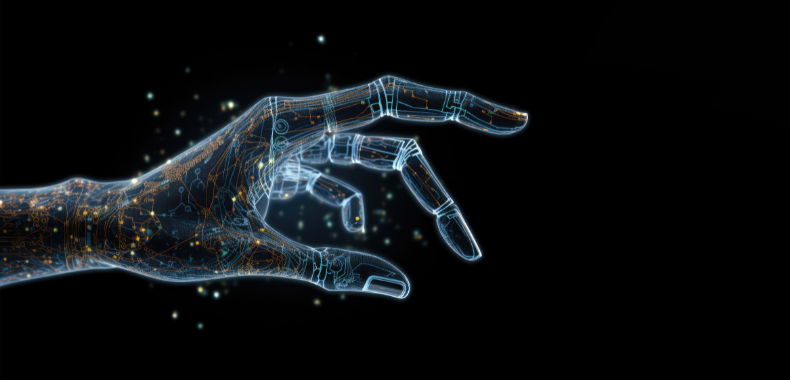Trade Dress Protection in Brazil: Jurisprudential Perspectives and Expert Examination
When it comes to trade dress, an institute not regulated by the Brazilian Industrial Property Law, it is the jurisdiction’s role to establish its protection, which is now a well-recognized matter commonly addressed by the Business Courts in central districts of Brazil.
However, assessing a potential trade dress violation is not straightforward due to the inherent subjectivity involved in defining the identity of a business, product, or brand without specific registration as a parameter.

In other words, trade dress encompasses a set of elements used by a business owner in their product or establishment, including visual, auditory, and even olfactory elements, often unregistrable, but which evoke the business’s identity in the consumer’s mind. Consequently, assessing its violation through a visual examination alone is insufficient, even for detecting potential infringements by third parties unrelated to the controversy.
Furthermore, establishing the factual existence of a trade dress, that is, the establishment of a set of elements in the consumer’s mind, is necessary before evaluating any potential infringement. This requires an analysis of market customs, which might be extrinsic to the evidence presented by the parties and beyond a judge’s knowledge.
For these reasons, the Brazilian Superior Court of Justice recognized the necessity of conducting expert examinations in cases of this nature. Such examinations serve to analyze the technical and market-related aspects surrounding the trade dress of the disputing parties.
In the judgment of Special Appeal No. 1,778,910 – SP, involving two leading Brazilian jam manufacturers, where an allegation of defense restriction was made due to the denial of the requested expert examination, Minister Maria Isabel Gallotti stated the following:
“The composite image is complex and composed of several elements. Given the lack of legal classification and the fact that it cannot be registered, the occurrence of imitation and the determination of unfair competition must be assessed on a case-by-case basis. Therefore, the assistance of an expert is essential to evaluate market aspects, consumer habits, advertising and marketing techniques, the level of attention of the average or typical consumer of the product in question, the time when the product was launched in the market, as well as other elements that contribute to the presentation of the product or service.” (translated).
This precedent is of utmost importance as it provides more consistency and legitimacy to judgments issued by the Courts responsible for handling such cases.
Nevertheless, the establishment of this jurisprudential understanding does not simplify the lawyer’s role in the proceedings, particularly concerning the management of the expert examination. Therefore, the assistance of a specialized law firm like Peduti Advogados, exclusively focused on Intellectual Property, Entertainment, and Digital Law services, is indispensable.
.—
Author: Enzo Toyoda Coppola e Cesar Peduti Filho, Peduti Advogados
Source: Apple tenta registrar imagens de marca na Suiça
—
“If you want to learn more about this topic, contact the author or the managing partner, Dr. Cesar Peduti Filho.”
“Se quiser saber mais sobre este tema, contate o autor ou o Dr. Cesar Peduti Filho.”



